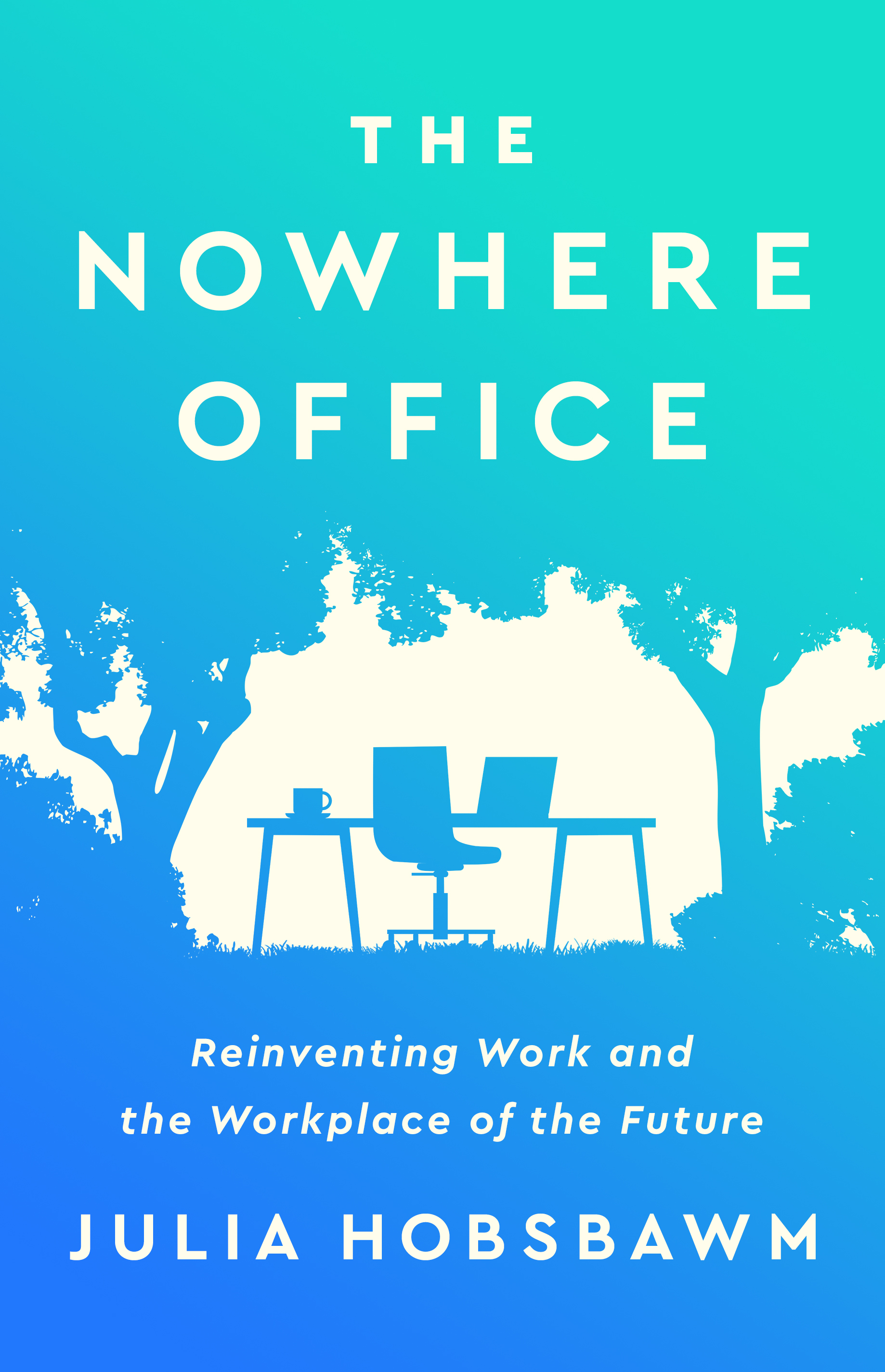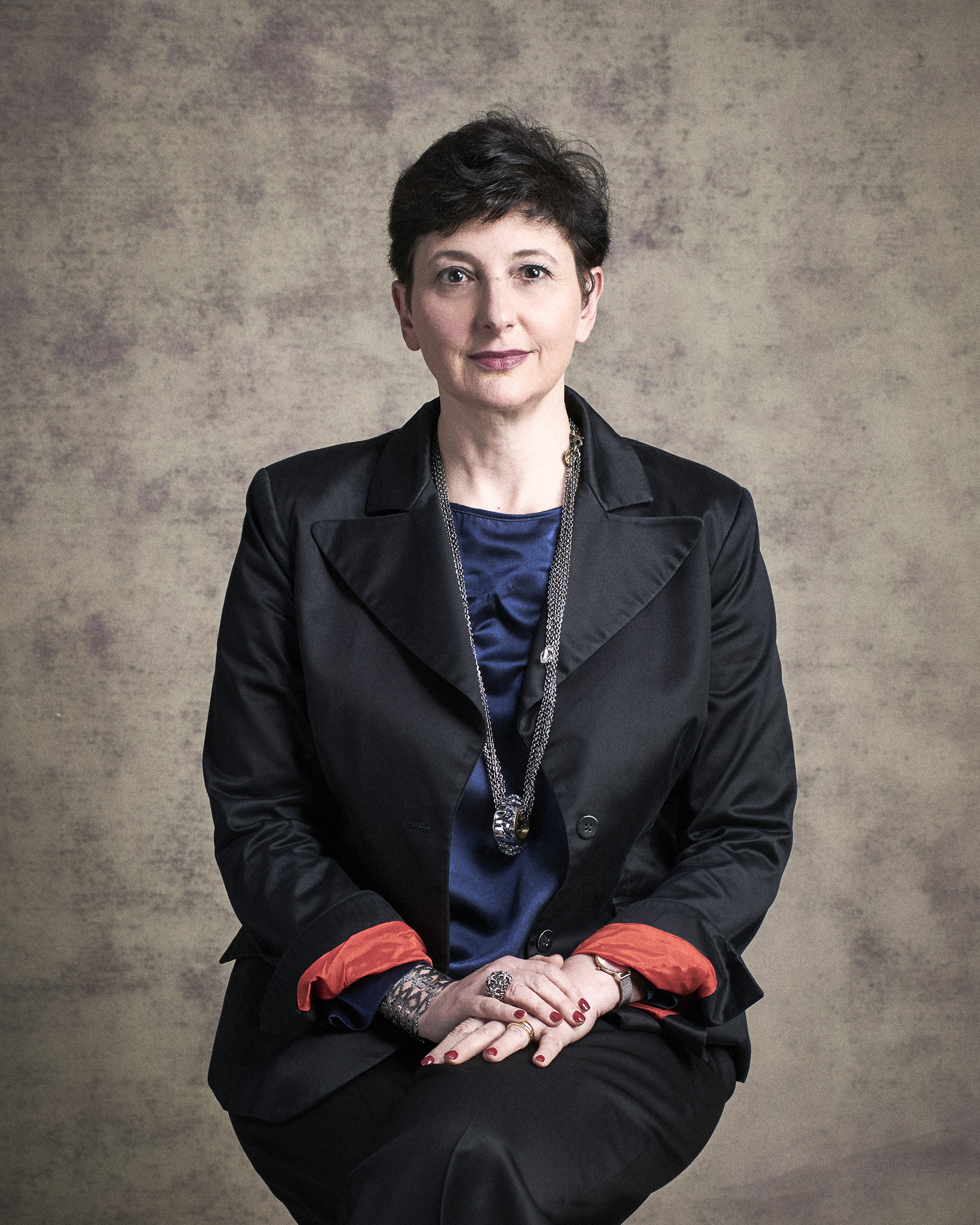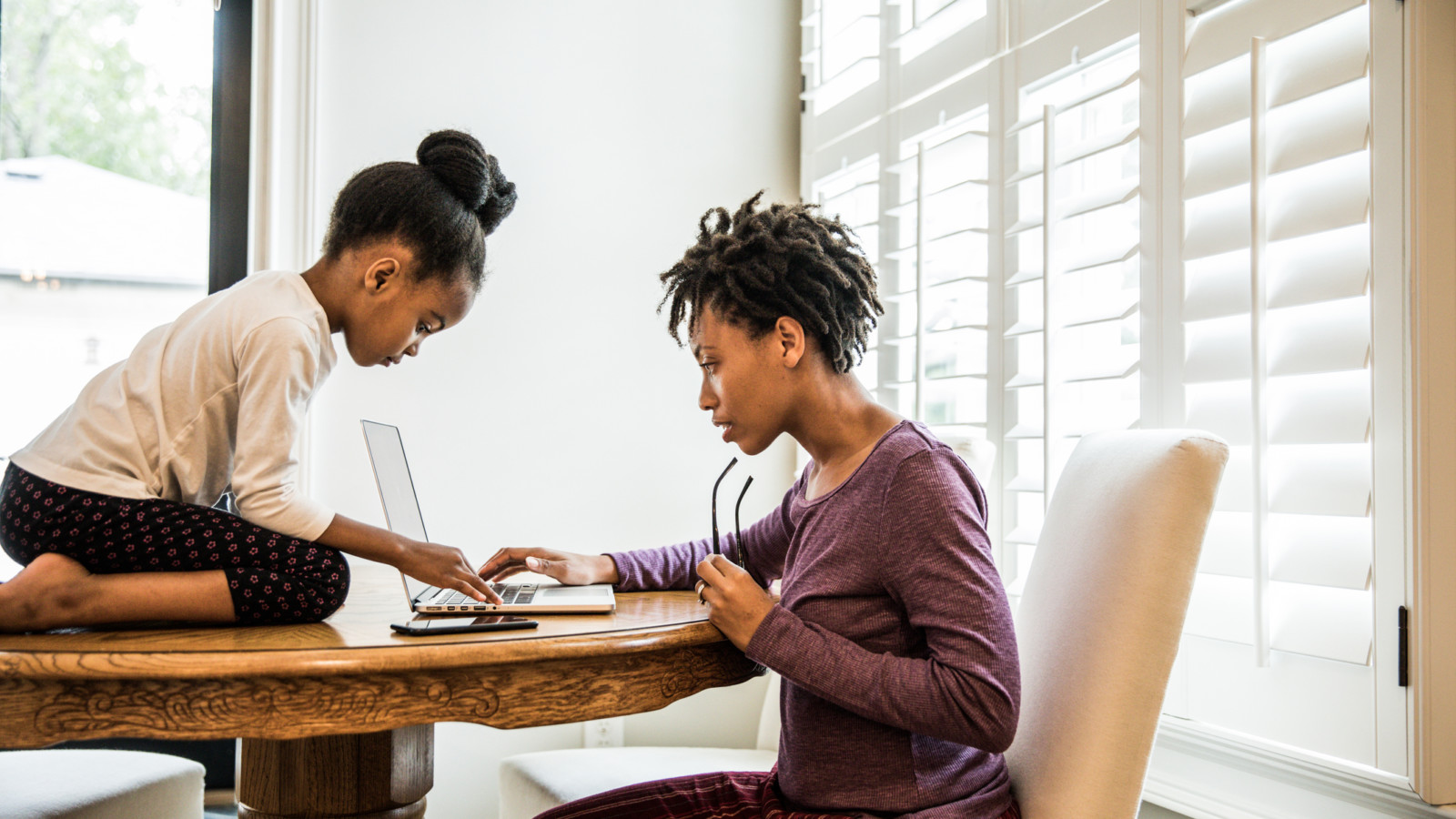Given that the pandemic has shown that those who have any choice prefer to keep their stress levels low and work in a way that suits their lives, we need a major strategy change around well-being. Because the fundamental idea that people wish to carry on coming to work and being given well-being programmes is clearly insufficient.
The eminent workplace academic Professor Sir Cary Cooper has spent many years reviewing Employee Assistance Programs (or EAPs) and found that routinely 60 per cent of the stress felt originates at home, with 40 per cent from work. But that also implies that we need to distinguish between real operational stresses – like poor management, working hours or pay and conditions – and personal mental ill health. In the Nowhere Office we have to be clear about the sources of stress or not-wellness in order to identify what measures need to be taken to alleviate them. Nevertheless, once we are ‘at’ work, whether that is in cyberspace or an actual office with colleagues, the ultimate responsibility for creating a healthy environment lies at the door of directors. As Cary explained to me:
Covid-19 has forced organisations to dial back on pingpong tables, massages at your desk, to focus instead on strategy and specifically how you create an organisation where people feel valued, trusted, and you identify the problem areas, and how you correct them.
I then discussed this with Melis Abacıog˘lu, founder of the corporate well-being platform Wellbees in Turkey, and asked how prepared for change organisations actually are. The answers were that there are some green shoots emerging:
Most organisations approach well-being as a band-aid tool, because there is no time and no budget – the argument is often there are other more pressing priorities. However, the firms that excel at well-being (and the entire bottom line benefits it represents) do the opposite – they approach well-being as the foundation of the entire employee experience that covers all steps of an employee’s journey through the organisation instead of a separate or stand-alone project. They look at what it means across productivity, team management, engagement, or benefits. They see beyond the complexity and focus on what matters: human beings.
So, instead of peripheral fun items – the ping-pong and pool tables – well-being has now arrived as a more central and structural feature. Here is Cary Cooper again:
Every organisation should have a very senior person in charge of what wellness looks like in terms of policy, behaviour, and a positive impact on productivity will follow that. We now have companies with directors of health and well-being who report to the HR director or the chief medical officer, or in some cases, the CEO. I’ve spent decades looking at this and finally I think we’re on the point of real change.
Despite this optimism (which I share) there are going to be plenty of flashpoints for stress and for the possibility of legal challenges to the way workers’ well-being is supported in a hybrid era. The ‘right to disconnect’ campaign run by the British trade union Prospect is important and interesting.15 If you are expected to be ‘always on’ when your home set-up involves shared space, children, poor broadband, bad light, or even just a life which doesn’t want to be pinged constantly, and deserves some privacy, these will be rights which need protecting. Not having them is likely to lead to an increased sense of disempowerment, lower productivity and ultimately burnout.
What will work well from Mombasa to Macau, from Minneapolis to Madrid will vary according to the personalised needs of employees and businesses. The one size fits all model has been proven not to work in mainstream health, and it doesn’t apply in social health either. Customisation needs to prevail.
Along with a sense of belonging, fairness and equality are essential for workplace well-being. To give just one example, the pandemic has highlighted the way caregivers and working parents experience a double discrimination. Not only must they cope with their usual responsibilities but hybrid working often brings heavy additional pressures such as protecting those who are already vulnerable or home schooling – 62 per cent of working parents surveyed by the American Psychological Association reported higher anxiety than before the pandemic.16 This isn’t entirely new: in 1985 – a time when many women were campaigning fruitlessly for greater flexibility with little support from their male colleagues who generally liked to be in the office or on the golf course – a study of 40,000 women found 62 per cent noted their work was ‘somewhat stressful’.
So people and times have not changed. Or have they? Cary Cooper put it like this:
This is an opportunity for a total reset. Of where and how we work; a reset of how we’re managed, a reset of location, a reset on mental health, but maybe even a major reset on the role of men in the family. Because I think that is really fundamental. Incidentally, the hybrid model will not work if men migrate back to the central office full time, and leave women to work as they did pre-pandemic on flexible working arrangements, and take on the responsibility of childcare or elder care, as well as working. I don’t know whether it has or whether we’ve created a new man out of this pandemic – time will tell in the hybrid model. Because men’s main identity has always been work, the big question is are they now prioritising the family or are we back to the pre-Covid era of divided gender roles?
Family is a good metaphor for work itself. I believe that the shift to a more successful social health and well-being strategy hinges on cultivating community far more systematically than before. A working life will currently take up at least one third of our lives. The vast majority of us spend as much time with work colleagues as with our own families. In the freelance world of work in the Nowhere Office, workers will belong to several workplace families at once. So a useful model for workplace social health could be the blended family. Organisations are shape-shifting communities of blended units creating both large and smaller families. Multiple-family households provide a great blueprint for new models of resilience, flexibility and understanding. The Nowhere Office with its hybrid-working, multi-generational workforce is like a multi-layered family. In short: workplace social health requires that the office functions like a community, a place where everyone has a sense of belonging, even if the ways and times in which they come together vary as much as the people themselves.
The flexible family of workers will shift across locations and time zones to be with each other. They will behave in one way with one kind of family and differently with others. The freelance worker will become very much like the stepchild or the child with new siblings. They will adapt and adjust accordingly.
There is a powerful scene in the second series of Bosch, the TV series about an LA detective. It is Thanksgiving, and many of the detectives are in the kitchen, wisecracking and arguing as they illustrate that for many of us our co-workers are like our families. We love them, they frustrate us, we may misread and hurt them – just like family. But like family, we would not be without them. Because when we are without family, or a proxy for family with friends or colleagues, we are truly alone.



